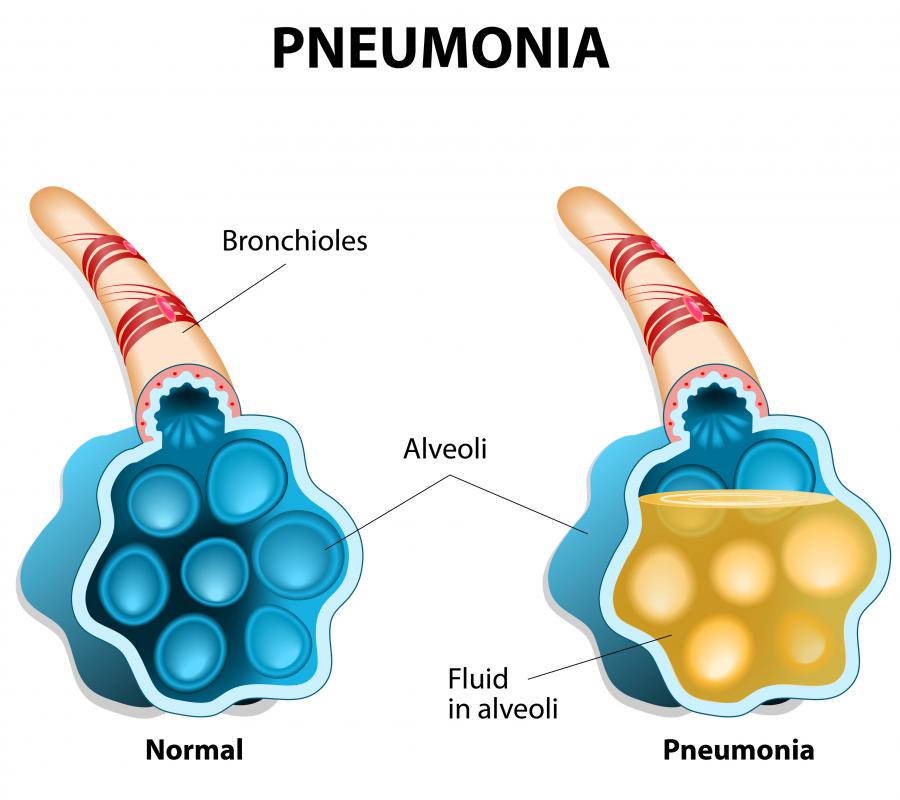At WiseGEEK, we're committed to delivering accurate, trustworthy information. Our expert-authored content is rigorously fact-checked and sourced from credible authorities. Discover how we uphold the highest standards in providing you with reliable knowledge.
What is Acute Sepsis?
Acute sepsis is the sudden onset of a bacterial infection in the blood that disrupts normal immune system function and can harm the body’s vital organs if not treated promptly. When acute sepsis invades the body, the patient’s immune system attacks healthy tissue and organs, which can lead to severe sepsis or septic shock, both considered serious medical conditions that could lead to death. Acute sepsis commonly infects people in the hospital, especially those in the intensive care unit after surgery.
Patients usually recover from acute sepsis if it is diagnosed and treated when symptoms first appear. If the condition progresses to severe sepsis, about half of those infected die when the body goes into septic shock. Clots that form in small blood vessels can impede the oxygen supply to the kidneys, brain, and heart.

The body’s immune system normally produces inflammation to fight infection where it appears. When acute sepsis sets in, inflammation is not limited to the area that is infected, but the entire body becomes inflamed. If the inflammation becomes widespread, the body is unable to break up clots that form in the blood vessels. The supply of oxygen-rich blood decreases during this stage of the disease.

Symptoms of acute sepsis include a high or low fever, either above 101.3°F (38.5°C) or below 95°F (35°C). The presence of infection can be discovered by blood tests. A patient’s respiration might speed up to more than 20 breaths per minute, and his or her heart rate commonly goes higher than 90 beats per minute. In severe cases, gangrene occurs in the extremities from lack of blood flow. If the blood clots reach the vital organs, they begin to shut down.

Treatment includes intravenous fluids and antibiotics to arrest the spread of bacteria. Doctors commonly work to bring the heart rate down and provide oxygen to assist the patient’s breathing. Medication can also be used to raise the patient’s blood pressure if it drops too low. People suffering from sepsis are usually hooked up to machines to monitor vital signs.

The elderly and infants face a higher risk of acute sepsis, especially if they are hospitalized with a serious condition that requires a breathing tube. Patients with a compromised immune system from an unrelated condition also face a higher risk of developing a bacterial infection. Those with pneumonia, diabetes, and cancer, along with people suffering from large wounds or burns, are more likely to contract sepsis. There is also a genetic factor that increases risk, especially for black men.
AS FEATURED ON:
AS FEATURED ON:
















Discuss this Article
Post your comments